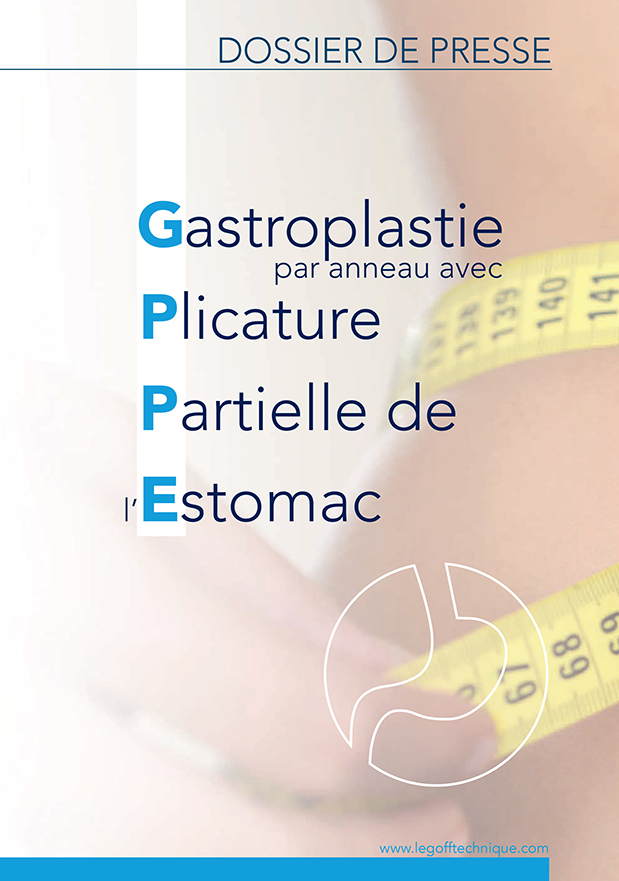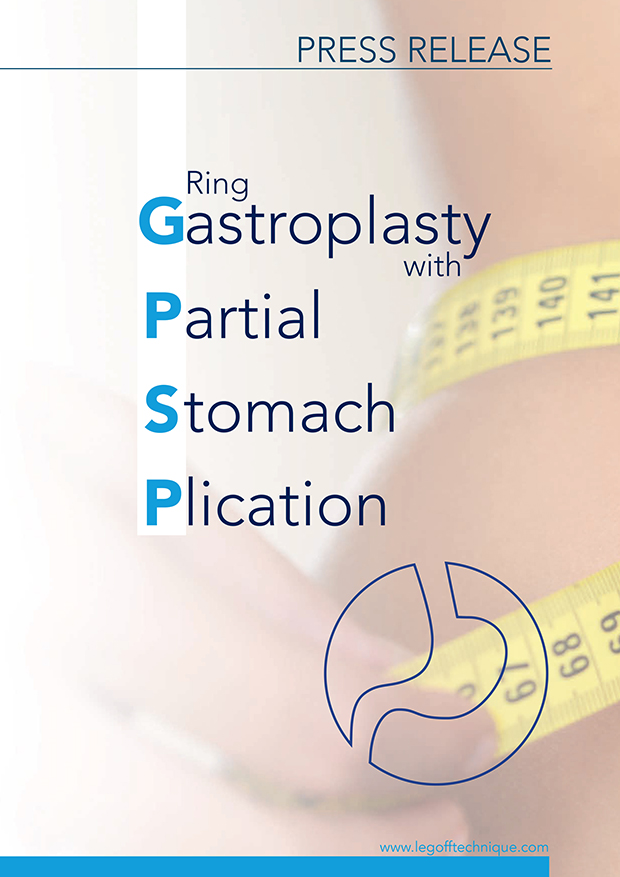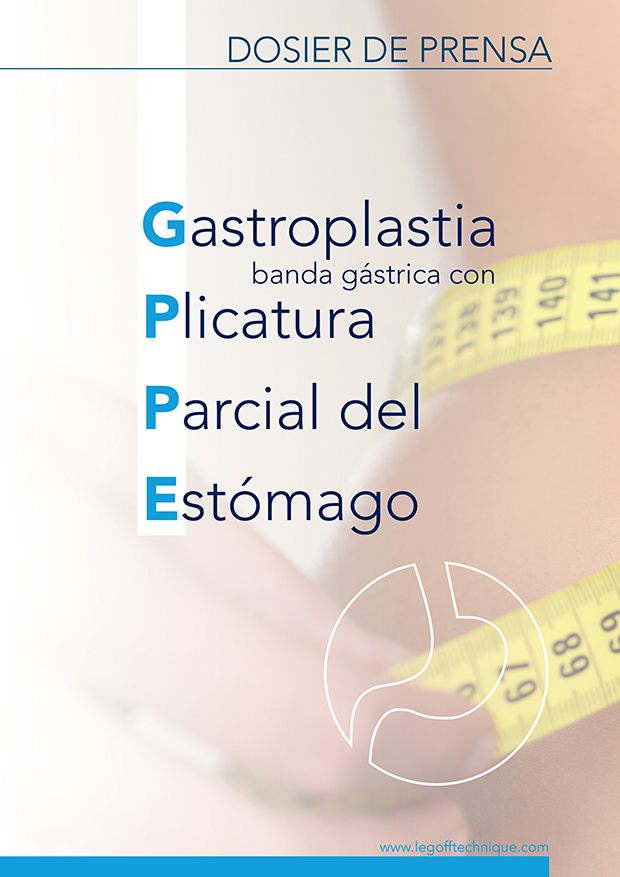Obesity surgery: the importance of long-term aftercare
Dr. Le Goff - Obesity surgeon in Paris
Le goff technique
Obesity surgery: the importance of long-term aftercare
The press has reported, specialists have given their opinion… The various studies on bariatric surgery with 20 years and more of hindsight, few and far between indeed, seem to concur. And the least we can say is that initial enthusiasm has sometimes been disappointed.
A recent article* deals once again with the success rates of various surgical techniques, underlining that the number of patients operated on and then forgotten is close to 60-70%. This figure is quite alarming, and reveals the difficulty in the medium and long-term aftercare, which is nevertheless essential.
Personally, I manage to regularly monitor 58% of my patients operated over a period of 15 years (522 out of 897 operated), or 42% of patients lost sight of. I also monitor many patients operated on 20 years ago.
Contrary to other surgical techniques, the Le Goff Technique, gastric band surgery with partial plicature of the stomach, requires rigorous medical aftercare, especially during “inflation” or “deflation” of the band, carried out by the surgeon. These regular and essential verifications imply almost mandatory aftercare which reinforces the nutritional and psychological treatment and encourages a physical activity.

Follow-up of le goff technique
This has an effect on the weight loss results. As such, still according to the article*, after 18 years, 42% of simple bands were removed for complications, weight gain or intolerance. The sleeve gastric band only appeared in 2002 and there is not enough hindsight. In general, medium and long-term follow-up is rare. A recent American study concluded that after four years, the average weight loss with a bypass was 30%, 20% with a sleeve and 10-12% with a simple band (28.6%, ten years after bypass).
The emblematic SOS (Swedish Obesity Study) – the Swedish registry of obesity surgery – has a long period of follow-up: the average weight loss is 27% after twenty years for bypass surgery, the most commonly practiced operation. In general, one third of the weight lost is put back on between two and eight years after the surgery. The Le Goff Technique has shown 59% weight loss after 15 years (evaluation of 522 patients).
Obesity surgery in paris
As we can see, the effectiveness of weight loss obtained by simple banding, bypass or sleeve surgery seems rather low. Obviously, the aim of bariatric surgery is not to recover a model’s figure and obesity surgery should not be confused with plastic surgery. Nevertheless, I take issue when experts recall that the challenge is to bring the BMI below 35, i.e. under a level of obesity that exposes people to serious cardio-metabolic risks. This is indeed a worthy target, but it should not necessarily be enough! In my view, this target is too modest given the results I am able to provide with my method: weight loss, zero mortality in almost 21 years of practice, very low rate of complications. This should be compared with the non-negligible risks linked to sleeve and gastric bypass surgery, where the mortality was 214 deaths in France in 2014 and post-operative complications.
* “Chirurgie de l’obésité : des interrogations sur le long terme”, Le Figaro, 26 January 2017



